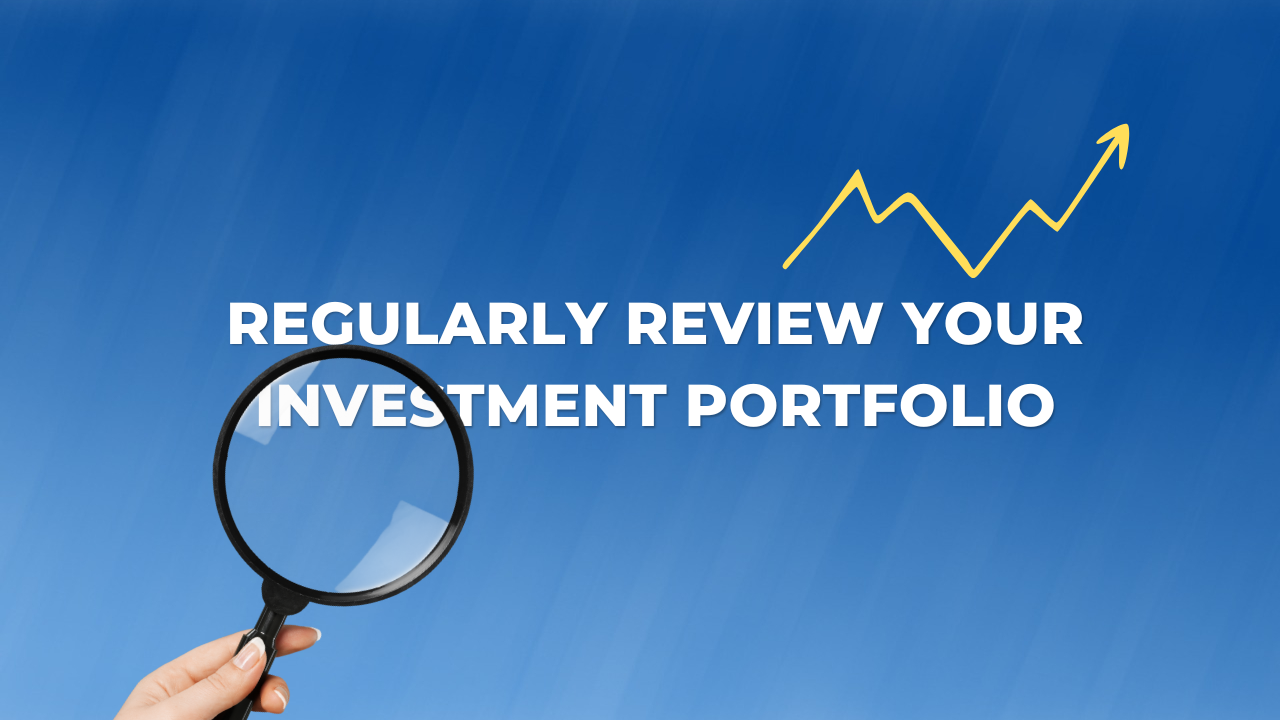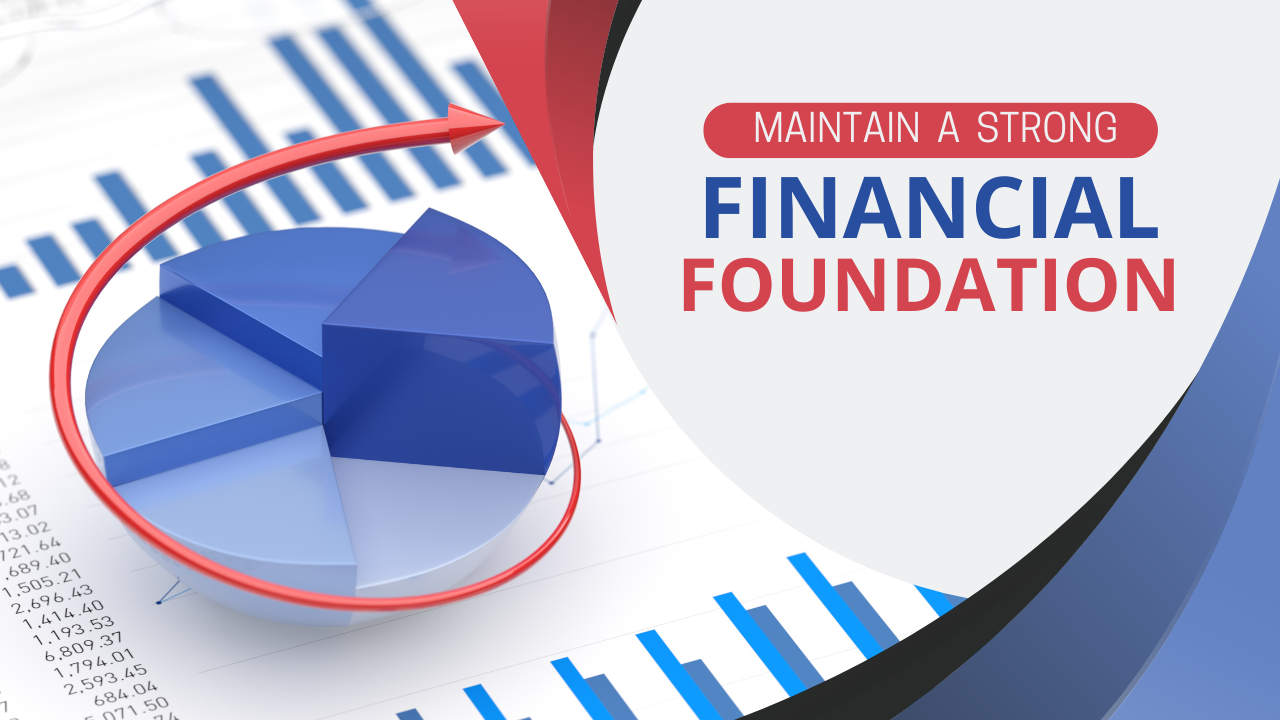Always Keep Inflation Impact in Mind When Investing
Always Keep Inflation Impact in Mind When Investing
Inflation is the slow increase in the prices of goods and services over time, demoting the purchasing power of money. Ignoring inflation while investing can corrode the real value of your wealth and compromise your financial goals. Understanding and accounting for inflation is essential to ensure your investments generate inflation-adjusted returns.
Why is Inflation Important in Investment Planning?
- Erosion of Purchasing Power:
- Inflation reduces the value of money over time. For example, ₹1,000 today may only buy goods worth ₹700 in 10 years at 4% inflation.
- Real vs. Nominal Returns:
- Nominal returns (stated returns) can be misleading. Always focus on real returns (adjusted for inflation) to evaluate investment growth.
- Impact on Long-Term Goals:
- Inflation significantly affects long-term goals like retirement planning, where small inflation rates compounded over decades can create a substantial shortfall if ignored.
- Influences on Asset Classes:
- Inflation impacts different asset classes differently: equities tend to beat inflation, while cash and fixed deposits may struggle to keep up.
Strategies to Protect Investments Against Inflation
1. Invest in Inflation-Beating Assets
- Equities and Equity Mutual Funds:
- Historically, equities have delivered returns that outpace inflation over the long term.
- Real Estate:
- Real estate worth tend to rise with inflation, framing it a good hedge.
- Gold and Commodities:
- Gold and other commodities often perform well during periods of high inflation.
2. Diversify Your Portfolio
- Include a mix of inflation-resistant assets to balance risk and returns.
- Diversification ensures that parts of your portfolio grow faster than inflation while others provide stability.
3. Focus on Tax-Efficient Investments
- Inflation impacts not just the returns but also the taxes you pay.
- Use tax-saving instruments like ELSS, NPS, or long-term capital gains tax benefits to enhance real returns.
4. Consider Inflation-Linked Instruments
- Inflation-Indexed Bonds (IIBs):
- These bonds adjust interest payments based on the inflation rate, offering a hedge against inflation.
- Floating Rate Savings Bonds:
- Their interest rates adjust periodically, keeping up with inflation trends.
5. Reassess Fixed Income Investments
- Traditional fixed-income investments like fixed deposits often fail to keep pace with inflation.
- Opt for debt funds, which may offer better post-tax and inflation-adjusted returns.
6. Review and Adjust Goals Regularly
- Reevaluate financial goals to account for inflation. For instance, a retirement corpus goal of ₹1 crore today might need to be revised to ₹2 crore in 20 years.
7. Start Early and Leverage Compounding
- Investing early allows your investments to grow and compound, staying ahead of inflation over time.
8. Monitor Lifestyle Inflation
- As your income grows, your spending patterns may inflate. Budget wisely and increase your savings proportionately.
FAQs on Inflation and Investments
1. How does inflation affect fixed deposits?
Answer:
- Fixed deposits offer nominal returns. If the inflation rate exceeds the FD interest rate, the real returns become negative, reducing your purchasing power.
2. Are equity investments always better for beating inflation?
Answer:
- Equities typically outperform inflation in the long run but can be volatile in the short term. A diversified approach is crucial to manage risks.
3. What is the difference between real and nominal returns?
Answer:
- Nominal Returns: The full return on an investment without viewing inflation.
- Real Returns: The inflation-adjusted return, reflecting the actual growth in purchasing power.
- Formula: Real Return = Nominal Return - Inflation Rate.
4. How do I plan for inflation in retirement?
- Invest in a mix of inflation-beating assets like equities and annuities with periodic adjustments for inflation.
- Factor in healthcare inflation, which tends to be higher than general inflation.
5. Are gold investments a good hedge against inflation?
- Gold is an effective inflation hedge during economic uncertainty or high inflation. However, it doesn’t generate regular income and should be part of a balanced portfolio.
6. What is lifestyle inflation, and how can it be managed?
- Lifestyle inflation occurs when increased income leads to high spending.
- Manage it by automating savings and investing in inflation-resistant assets instead of upgrading expenses.
Team Investor Sarthi’s Key Takeaways on Inflation-Proof Investing
- “Diversify Strategically: Balance high-return, inflation-beating assets with stable investments.”
- “Focus on Real Returns: Evaluate the inflation-adjusted growth of your investments.”
- “Stay Updated: Regularly review and adjust your investment strategy as inflation rates and economic conditions change.”
- “Invest for the Long Term: Long-term investments, especially equities, help stay ahead of inflation through compounding.”
By keeping inflation in mind, you can safeguard your purchasing power and ensure that your wealth grows in real terms over time. Need help tailoring an inflation-resistant investment strategy? Team Investor Sarthi is here to assist you!





















